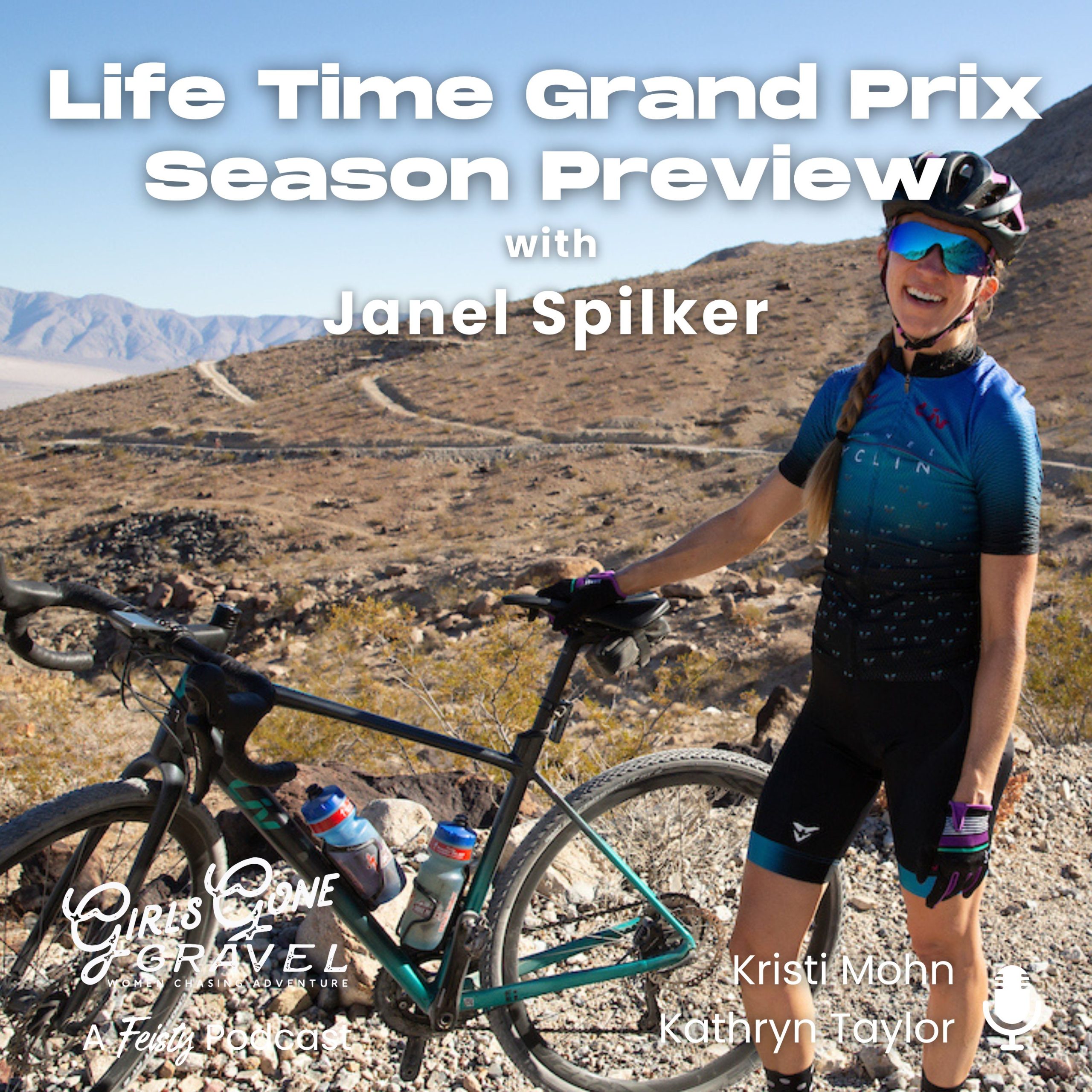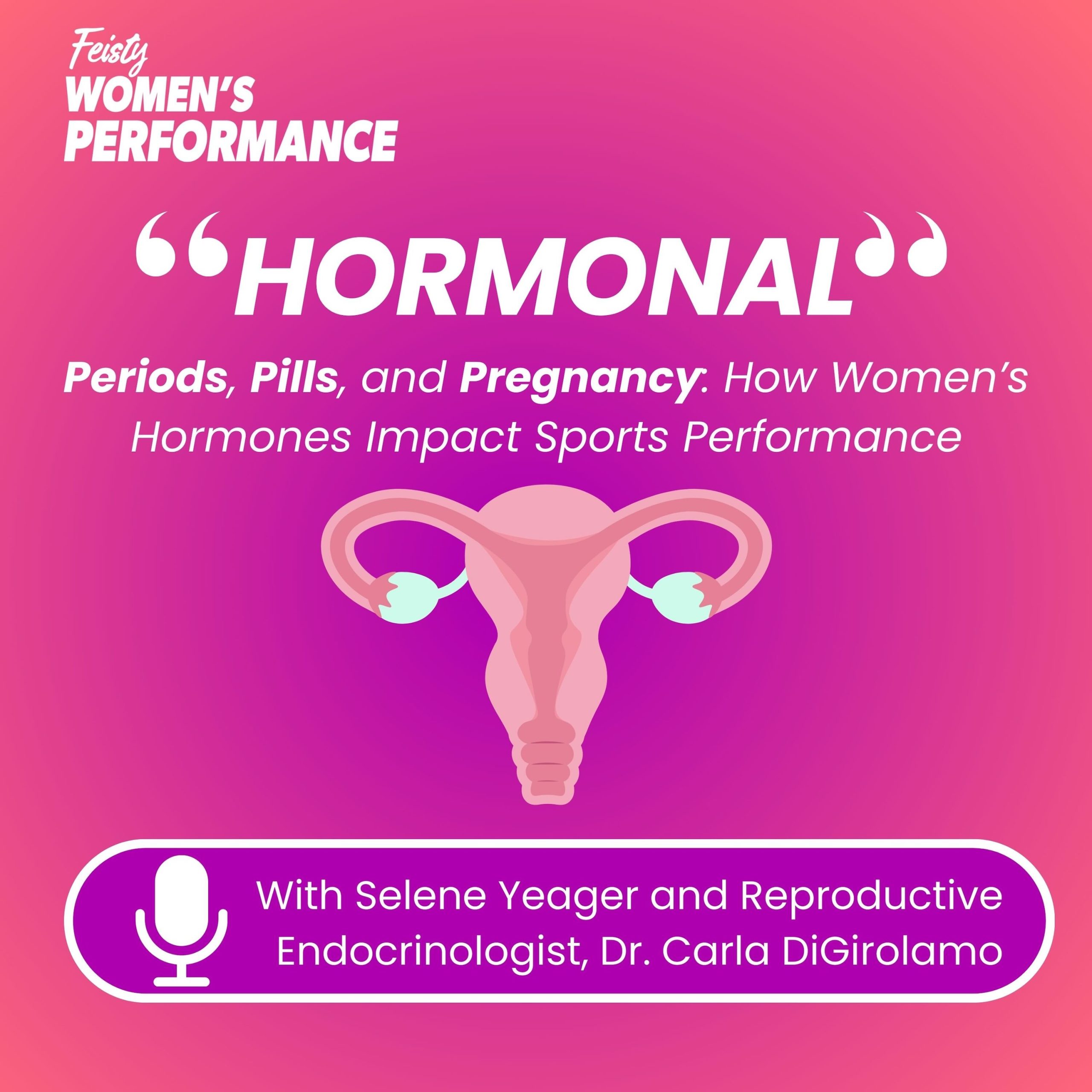June 5, 2020
The Crux of the Matter – Diversity in Triathlon
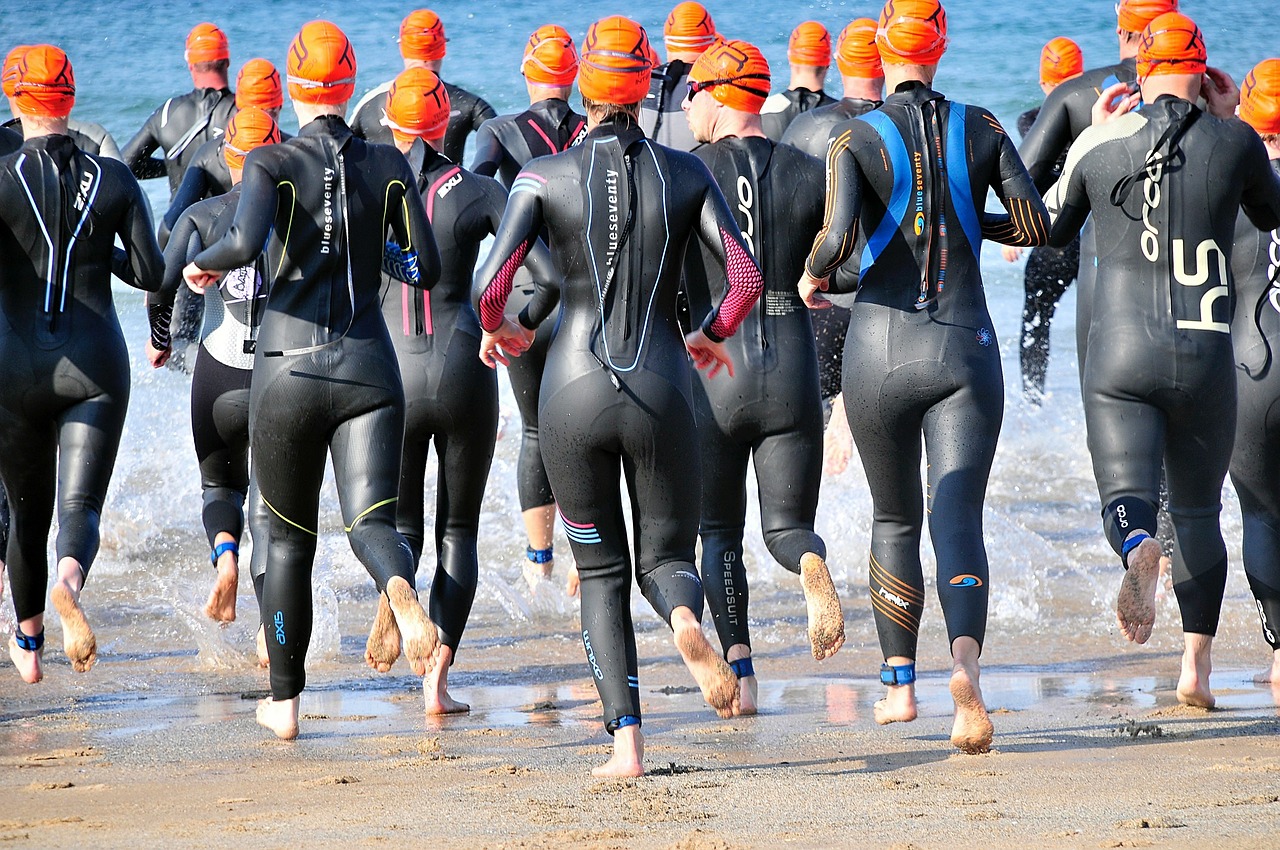
This article was originally published in March 2018
If we truly want triathlon to evolve into an inclusive space, we must first be willing to have an honest and uncomfortable conversation about social privilege.
by Lisa Ingarfield, PhD
Triathlon has a diversity problem. More precisely, it has an inclusivity problem. There, I said it. I fully expect to be berated for stating what I believe to be obvious because of this or that reason, or because I don’t appreciate what’s being done. I imagine there could be some hands thrown in the air, followed by an exasperated shake of the head and, ‘come on, Lisa, we are trying!’ Some of us may be trying, this is true. And yet, I think many of us are not. Most of us just plain miss the mark, believing it’s not our problem or there is nothing we can do if “those” groups don’t want to participate or accept our invitation to the club.
What the sport misses every time is the need for a meaningful and sustained conversation about privilege. We don’t talk about historical and systemic exclusion and oppression, the effects of which are still felt in multiple ways today. So, what is privilege? Privilege is an unearned benefit bestowed upon us based on our social identities. These benefits can be felt in wealth accrual, job prospects, leadership roles, access to healthcare, visibility in the media (whose stories are most often told?), and yes, in sports.
It’s important to remember, privilege isn’t the “fault” of those who possess the privileged identities but it is their responsibility to be educated and aware of the benefits they receive. In U.S. culture in particular, key privileged social identities include whiteness, maleness, able-bodiedness, heterosexuality, cisgender presentation (presenting as the gender associated with the sex you were assigned at birth), and high socioeconomic status. Many of us have some of these identities, and many of us also have identities that do not lead to economic, social, cultural, and political advantage. Privilege is layered and intersectional.
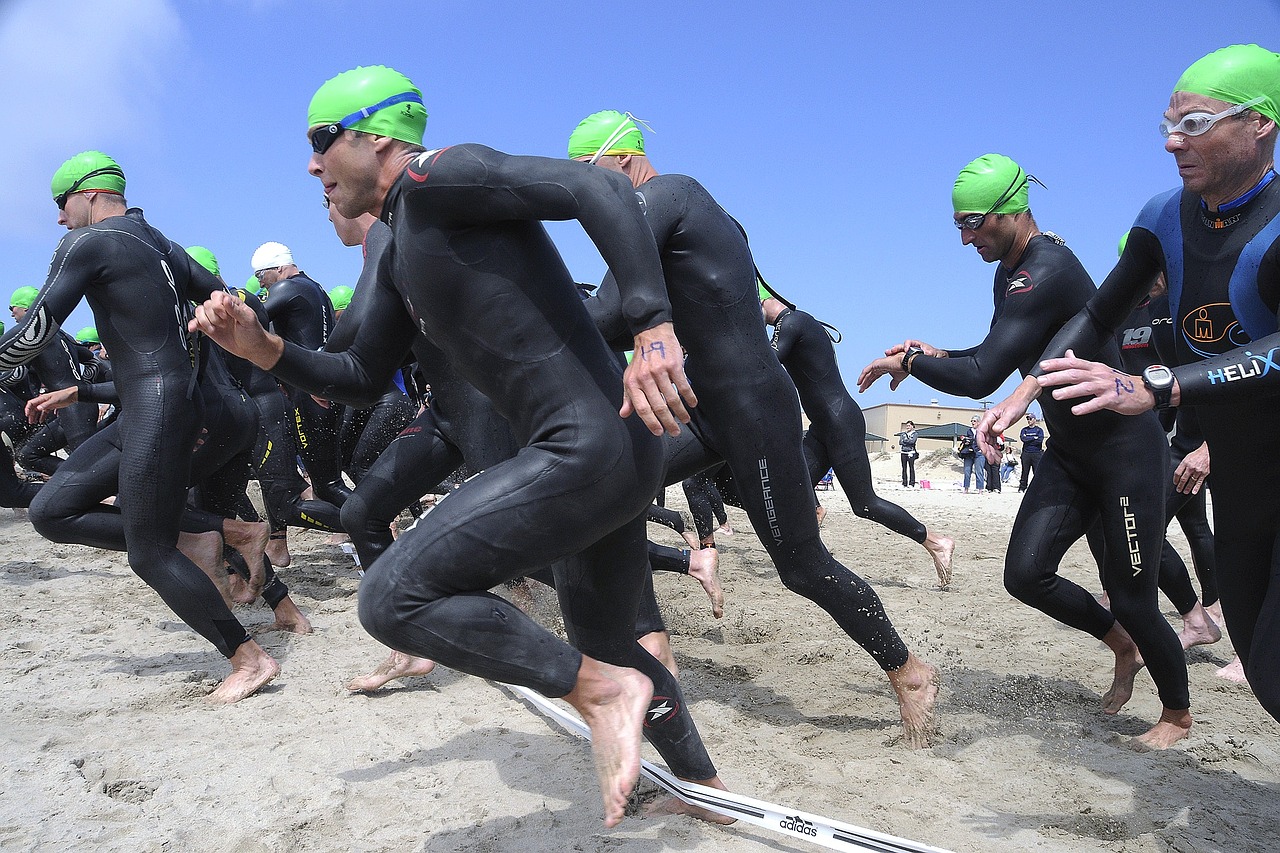
How does this affect triathlon? We need to take a step back and look at the historical evolution of the sport, and also the prevailing identities of the decision makers, leaders, and athletes in the sport. The history of triathlon is almost entirely white, and almost entirely male. Women and people of color have been systematically excluded. This is true of all sport, well beyond triathlon. As triathlon has garnered more popularity, the price tag on participation has also risen.
The average 140.6 race is often over $600 to enter, with some local races upwards of $150. While prices on bikes, helmets, and power meters etc., continue to drop, they are still extraordinarily costly for someone with a lower income. Sure, you can do a triathlon on a mountain bike or an old road bike and you don’t need a power meter, but look around you at many of the triathlons you attend. Is that what you see? No, probably not. Those bike racks are dripping with dollars and a side of intimidation. We know white women earn about 80 cents on the dollar to white men, with women of color earning south of 60 cents to every dollar a white man earns (AAUW, 2017). How does economic privilege intersect with race and gender privilege to close diverse groups out of the sport?
Another factor is how sport has been gendered male. In talking with Dr. Mary Jo Kane, the director of the Tucker Center for Research on Girls and Women in Sport at the University of Minnesota, she shared how sport in general has been coded masculine (and for a very long time in the U.S., white, also). Sport has been tightly grafted to notions of strength, power, and physical prowess, all of which are perceived as masculine traits. Femininity on the other hand, has been coded as soft, dainty, and weak. Our culture has perpetuated this binary and its associated traits for generations. What this means is, we unconsciously understand sport and leadership as inherently male activities, even if we individually support girls and women in sport and as leaders.
Naming privilege ruffles feathers because it feels uncomfortable. We don’t want to think our positions in life are not solely attributable to our hard work.
To bring it really close to home for folks, here is a perfect example: Ironman. IronMAN. This is no accident. This is an example of how masculinity, leadership, and sport are tied together. Language matters. Language sends messages of inclusion and exclusion. It’s not harmless. The problem is systemic; it goes beyond the individual – and this is where the conversation about triathlon’s inclusivity problem needs to be.
The trajectory of privileging of whiteness and maleness has made it very difficult for women of all racial identities to break into sport, including triathlon. There are less women and people of color at the starting line because of this history. And this doesn’t even touch the surface of how able-bodied assumptions have shut out people with disabilities from the sport. Women’s sport receives less coverage and exposure compared to men’s sport. Still in 2018, women’s sport has 2-4% of media coverage (Dr. Mary Jo Kane, personal communication) and women, particularly women of color are sexualized and diminished in sports commentary (Allen & Frisby, 2017). While we have seen, and are seeing an increase in women in triathlon, the increases are largely for white, able-bodied, middle and upper class women.
I want to take a brief moment to stress something very important: naming whiteness and maleness as the beneficiaries of historical and systemic privilege in triathlon and life, is not the same as saying white men are universally bad people. This is critical, because this is where the conversation often gets stuck inside and outside of triathlon. Naming privilege ruffles feathers because it feels uncomfortable. We don’t want to think our positions in life are not solely attributable to our hard work. This doesn’t feel very good and those feelings can lead to defensive responses. I know it, because I have been there. As a white woman, I grapple with my dual location of privilege and marginalization daily.
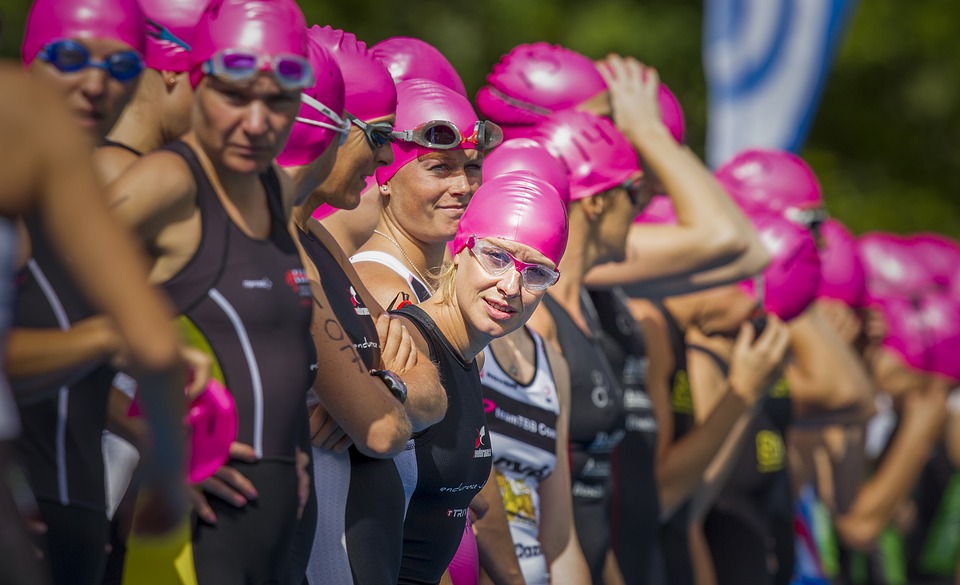
I want to see more women in triathlon and I want to see women have equal spots at Kona (among other things). Yet, I also have to acknowledge that triathlon talks about women as a monolithic group. They aren’t. As I mentioned previously, most women in the sport of triathlon are white and have access to financial resources. Women of color, women with disabilities, and economically vulnerable women are routinely and systematically left out of the conversation. There is therefore, a tension in my advocacy for women’s equality that’s uncomfortable. But, I cannot give in to the discomfort. I must continue to work to resolve the tension so I don’t unintentionally reinforce the systems of privilege I desire to break apart.
A pledge to invite people to the sport is meaningless when there is no associated pledge to reach beyond people who look like the vast majority of the triathlon universe – white, able-bodied, and male. Like attracts like. All of us tend to move in circles of people who look like us, share our opinions about things, and perhaps have similar backgrounds to us. We have to reach beyond who we see everyday in the sport.
Numbers alone won’t diversify our crew, nor does it create an inclusive environment. There is a caveat: it’s not okay to start outreaching to people of color, people with disabilities, the LGBT community, and women, just because the sport needs more of “them.” You don’t just roll up to someone who appears different from you and say ‘hey, wanna start triathlon?’ That would be offensive and tokenizing. I realize this caveat may take some people back to the hands thrown up in the air scenario. I get it. It’s hard. And that’s the point.
It is our responsibility to unpack historical systems of exclusion and understand their continued influence on the sport today – large and small.
Diversifying triathlon AND building an inclusive culture for a diverse group of athletes can feel hard for the people who have always felt at home in the sport. It requires us to understand our experience is not the experience of everyone around us. Just because we don’t see or feel discrimination, doesn’t mean it isn’t happening or doesn’t exist. We must engage in this work with intentionality and humility, leaving our egos at the door. It can’t be solved by a program here or there. We can’t point to the one or two women in leadership roles and say “we’re done.” And most importantly, we must not succumb to the pull of defence when marginalized groups tell us we are not doing enough. To truly diversify triathlon and change its culture, we need a short and long term plan developed carefully with everyone at the table, not just the current triathlon business tsars.
All of us who call triathlon our home, and especially those in leadership, must do better. It is our responsibility to do more than invite. It is our responsibility to unpack historical systems of exclusion and understand their continued influence on the sport today – large and small. I am not stating a secret that the vast majority of leaders and participants in triathlon are white men. This is not an accident; it is not because women, people of color and people with disabilities are not ‘leadership material.’ It is the result of a generational elevation of whiteness and maleness baked into the sport. It is not because white men, on the whole, work harder than everyone else. White men have enjoyed dominance in sport and in all spheres of social, political, economic and cultural life for centuries. This is privilege. This dominance at federations, governing bodies, organizations, clubs, events, conferences, and so on, is what stagnates the conversation about diversity and inclusion in triathlon. It’s the same people, the same voices, and the same ideas recirculated and repackaged with little input from communities historically excluded from the sport.
It is not up to the groups who are excluded to keep knocking at the door. It is not up to athletes with disabilities to teach able bodied people why our sport isn’t welcoming. It is not up to athletes of color to constantly point out the microaggressions they experience in the sport. Nor is it up to women to constantly have to justify why there should be equality. It doesn’t need justification, it should just happen. Those who hold the most power must do the most work, and they must do it without hubris and with compassion acknowledging perhaps, they don’t know it all. Unless we can get to the crux of the matter – an honest discussion of the legacy of white, male, and economic privilege in triathlon – we won’t move anywhere as a sport. We cannot shift the culture until we start to have the hard conversations, recognizing our own complicity in sustaining systems of exclusion, and vowing to do, and be, better advocates for change. I am also part of the problem, and I am working daily to change the script and find inclusive solutions.
References
Allen, K. and Frisby, C.M. (2017). A Content Analysis of Micro Aggressions in News Stories about Female Athletes Participating in the 2012 and 2016 Summer Olympics. Journal of Mass Communication and Journalism, 7, 334-339. doi: 10.4172/2165-7912.1000334.
Association of American University Women. (2017). The simple truth about the gender pay gap. Retrieved from: https://www.aauw.org/research/the-simple-truth-about-the-gender-pay-gap/
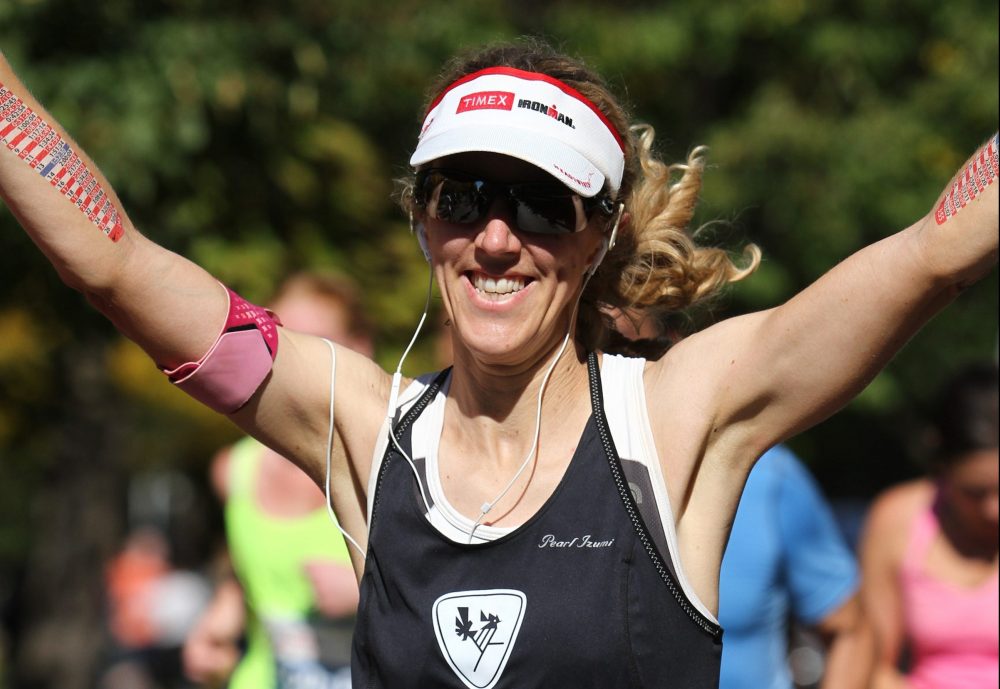
About Lisa
Dr. Ingarfield received her PhD in Intercultural Communication from the University of Denver in 2014. Her research focuses on how inclusion and exclusion manifests in communication practices in helping relationships and her work is broadly applicable to organizations looking to improve their diversity, equity, and inclusion goals. She is originally from London, U.K. and currently resides in Colorado. Dr. Ingarfield races triathlon regularly and is a certified RRCA and USAT coach, assisting runners and triathletes in meeting their racing and training goals.

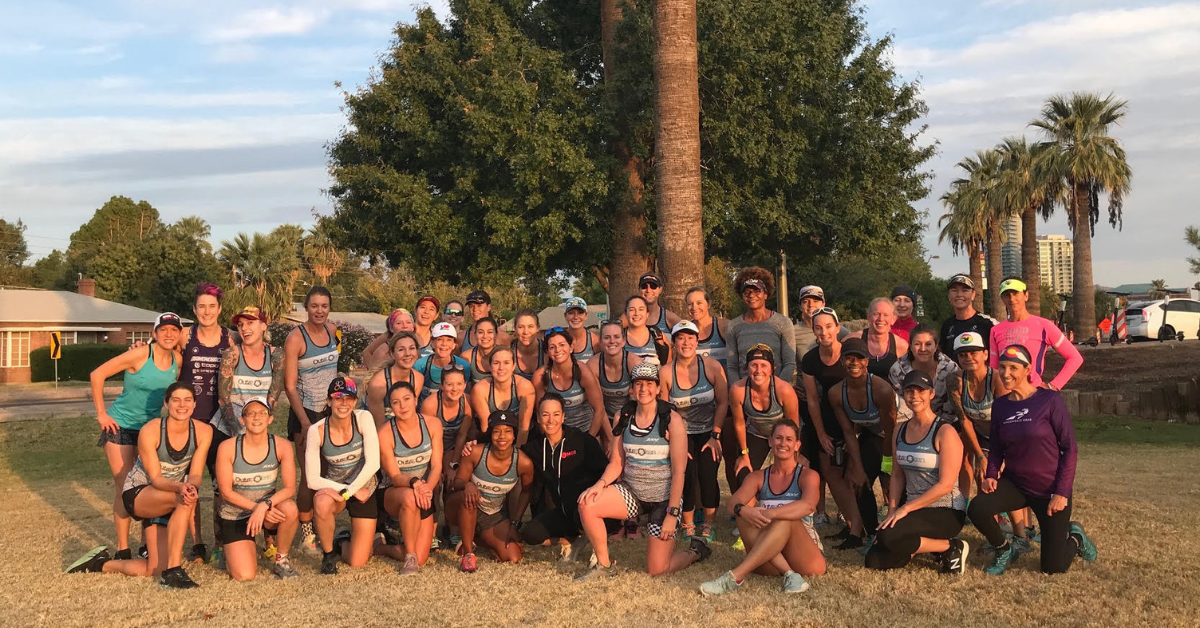 Outspoken Women in Triathlon Summit Returns Bigger than Ever
Outspoken Women in Triathlon Summit Returns Bigger than Ever  Driving the Lamborghini: Productivity and the Power of Paper
Driving the Lamborghini: Productivity and the Power of Paper 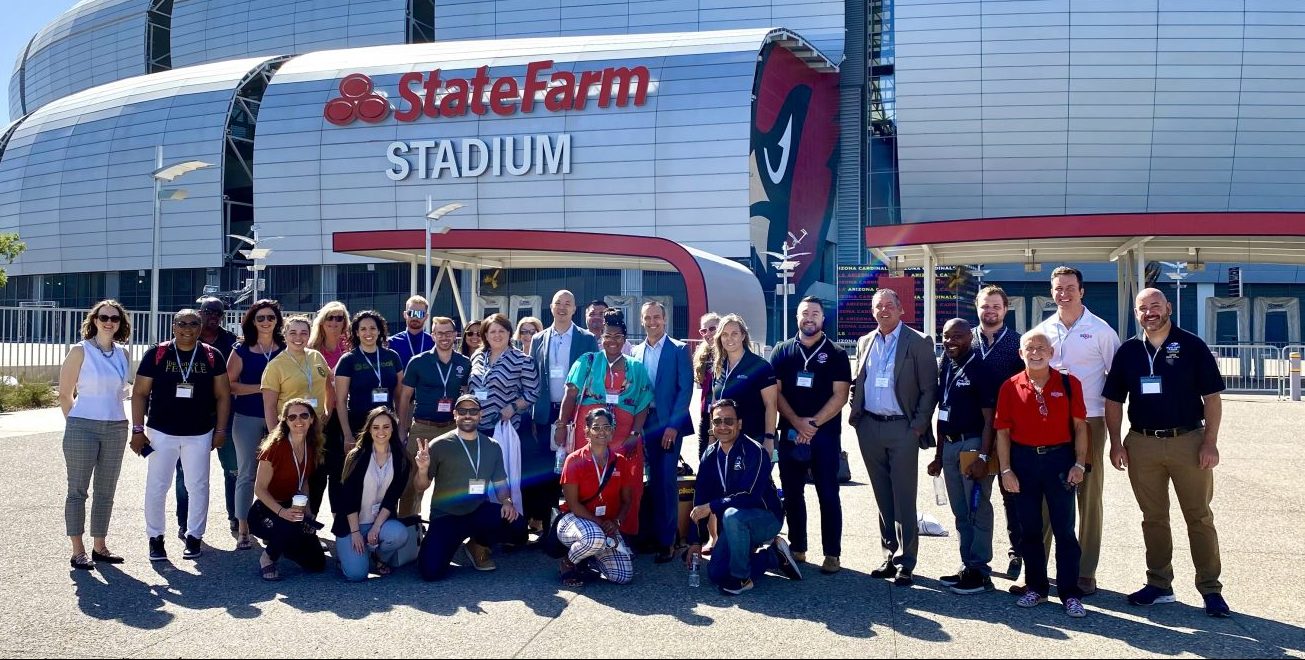 5 take aways from the Compete Sports Diversity Summit
5 take aways from the Compete Sports Diversity Summit 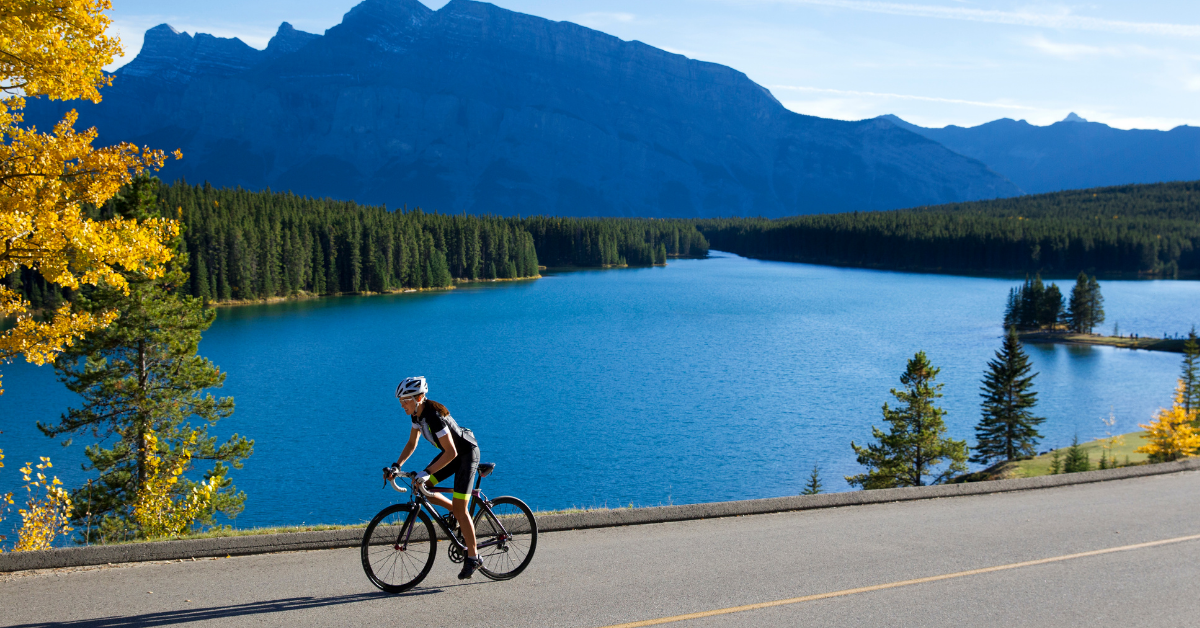 Simple Tips to Hone Your Bike Handling Skills
Simple Tips to Hone Your Bike Handling Skills 